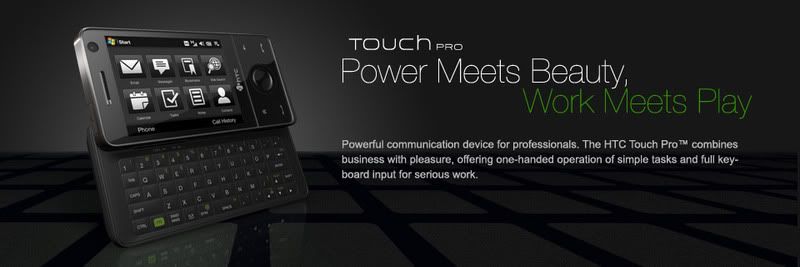Microsoft is banking big on its new Windows Phone 7 operating system and the devices that will run it.
The new smartphone OS was unveiled in New York overnight, with chief executive Steve Ballmer showing several new devices that the company hopes will reverse its dismal position in the fragmented marketplace.
Some devices have already been announced for New Zealand, with Telecom carrying LG's Optimus 7Q, and Vodafone shipping the HTC 7 Mozart.
But the big question is whether the marketplace will actually get excited by a ground up rebuild of an OS that was never particularly sexy. Windows Phone 7 will face an uphill battle against the smartphone darlings - devices using Google's open source Android platform, Research in Motion's BlackBerry range and, of course, Apple's iPhone.
Respected technology research firm Gartner pegs Microsoft's slice of the global mobile operating system market at 8.7 per cent for last year - and expects it to tumble to a dismal 4.7 per cent this year.
The devices themselves may spark the imagination of business buyers, with near-seamless integration into enterprise networks - something even the ubiquitous BlackBerry can struggle with.
Touchscreens are seen on the Windows devices, and others have slide-out keyboards - but these are features that have become almost par for the course across Android-toting smartphones and are a key selling point for Apple's iPhone.
Apps are currently the crucial ingredient for smartphone buyers - they want applications that do all manner of wondrous things, and both Android and Apple have already got strong app stores in action - Apple's iTunes based AppStore boasts a quarter of a million applications and a staggering 6.5 billion downloads of those apps.
And even with Microsoft pushing hard for local content from local developers, one has to wonder if the software giant has left its run too late.
"There's a huge amount resting on the launch of Windows Phone 7 for Microsoft, its device and operator partners, and for the ecosystem market in general," said Ovum principal analyst Tony Cripps.
"If it fails to claw back market share lost to iPhone and Android, then Windows Phone 7 may well mark the point at which Microsoft turns its back on smartphones forever," he said.
"Targeting its mobile resources at creating compelling services and attracting advertising may prove a better option than beginning again with another mobile operating system, in that instance."
As smartphones only make up a tiny, single percentage point of Microsoft's revenue, if Windows Phone 7 does fail in its bid, it will hardly suffer as a result.
But Ovum's Cripps believes features and user experience are key, and Microsoft could potentially have a win, despite seemingly insurmountable odds.
"On the face of it, though, Windows Phone 7 looks to have positioned Microsoft on the edge of a smartphone renaissance. Its all-important user experience looks to have brought some genuinely new thinking to a smartphone market where all operating systems feel somewhat similar in use.
"That's not the case here and Microsoft should be thanked for taking a different road, especially given that its new operating system seems both intuitive and responsive in the limited time we've had to try it."
Is Windows Phone 7 the smartphone silver bullet? Only time will tell, and with smartphone buyers quite a fickle, feature-driven bunch, it could well be. Or not.
















0 comments:
Post a Comment